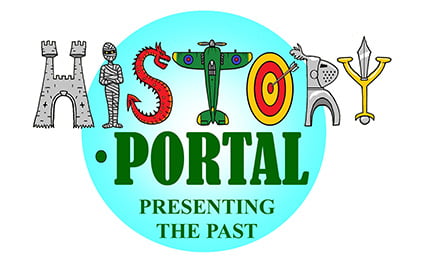
There are so many examples of history repeating itself, if only we understood the mistakes of history, perhaps we wouldn’t keep making them. I know, it’s some hope!
There are so many examples in history, the most expensive one has been our 20-year involvement in Afghanistan. In fact, the Marquess of Lothian asked just this question in the House of Lords:
“To ask Her Majesty’s Government what has been the total cost of
British military operations in Afghanistan since 2001?”
Baroness Goldie, Minister of State for the Ministry of Defence, responded:
“The total cost of British military operations in Afghanistan since 2001
(up to and including financial year 2019-20) was £22.7 billion.”
Now, I have to ask, have anyone in government, by that I mean both politicians and civil servants, ever read history?
Let’s look at the wars in Afghanistan:
- We, the British Empire, at the time the most powerful nation on the earth, first went into Afghanistan in 1839. We even occupied Kabul, but three years later had to retreat during which our army was nearly wiped out.
- In 1878 we tried again. We held Kabul for two years, but we couldn’t beat them. However, even in those days, we were much more worried about Russian influence in Central Asia. Therefore, we made a treaty and left.
- We weren’t the only country, for nearly 10 years in the 1980’s the Russians, with the second biggest army in the world, tried to control the country, again with no luck.
- Then, in 2001 we and the Americans, this time with a massive modern western army, tried again and once more failed!
Why did they all fail? Basically, because, the Afghans don’t like being controlled, they are split into several tribes who, I think, enjoy fighting, and in normal times, between themselves!
Therefore, the question must be, why didn’t anyone tell both the American President and our Prime Minister, “We couldn’t win”.
Just think where we could have spent that £22.7 Billion.
So, let’s ask the question
Could teaching history change the future and could we live in a safer world?
I am one of those people who has this dream, that if our children learnt and understood their history these failures could be reduced.
The problem is that children find “History Boring”, so they don’t pay much attention to it, it’s just another tedious subject.
That is why we decided to publish a series of musicals linked to history to make history fun.
The more people I talk to the more they tell me about the show they were in at school, usually the Christmas one!
Therefore, if the show is about history, I believe, they will remember their history, especially if it is a subject, they did that term.
Therefore, at Educational Musicals, we have published 30 musicals, all linked to the UK history curriculum, all with original songs.
When you download the show, you will also learn that:
- no speech is longer than 5 lines – easy to learn
- You get MP3 files sung by the composer so the cast can learn the songs at home.
Our aim is that when our students go out into the world, they will remember these historical events, and most importantly remember the lessons.
Hopefully, we all benefit.
Our aim is to make history fun!
10 questions to discuss:
- Beyond Afghanistan: While focusing on Afghanistan, does the blog mention other historical examples where ignoring past lessons led to costly mistakes?
- Alternative Perspectives: Are there counter-arguments to the claim that understanding history always prevents repeating its mistakes? Can past successes also mislead?
- Government and History: Does the blog imply that politicians and civil servants lack historical knowledge, or does it suggest a deeper issue of ignoring or misinterpreting historical lessons?
- Afghan Motivations: The blog mentions Afghan dislike of control and tribal divisions. Were there other factors contributing to the failures in Afghanistan, like cultural misunderstandings or strategic miscalculations?
- Cost of Ignorance: Beyond the £22.7 billion mentioned, are there quantifiable or qualitative costs of not learning from historical failures?
- History Education: The blog criticizes traditional history education as boring. Does it offer specific ideas on how to make learning history more engaging and relevant?
- Impact of Musicals: Does the blog provide any evidence or anecdotes demonstrating the effectiveness of musicals in improving historical understanding and preventing past mistakes?
- Beyond Schools: Who else, besides schoolchildren, needs to learn from history to avoid repeating its mistakes? How can historical knowledge be effectively disseminated to policymakers and the public?
- Individual vs. Systemic Change: Does the blog focus more on individual understanding or systemic changes in education and policy to ensure lessons from history are applied?
- Hope for the Future: Despite acknowledging the challenges, does the blog ultimately express hope that learning from history can lead to a safer and better future?
These questions encourage critical thinking about the complex relationship between historical understanding, decision-making, and shaping the future.
For more on these failed wars we got involved in:
https://worldhistoryproject.org/1838/the-first-anglo-afghan-war
https://www.nam.ac.uk/explore/second-afghan-war
© Tony Dalton
:

